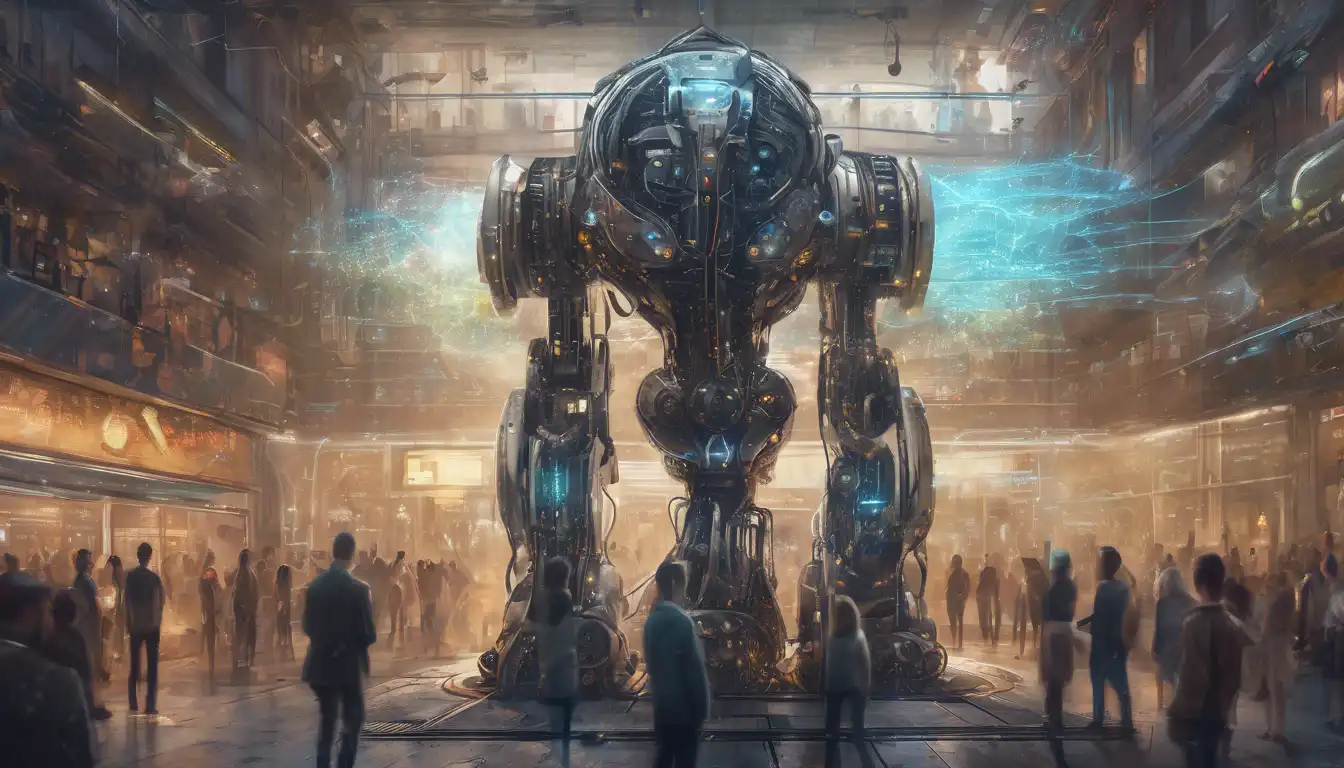Introduction to Machine Learning in Recommendations
In the digital age, personalized recommendations have become a cornerstone of user experience across various platforms. From streaming services to e-commerce, machine learning (ML) is the powerhouse behind these sophisticated recommendation systems. This article delves into how ML algorithms analyze vast datasets to predict user preferences, thereby powering recommendations that feel almost intuitive.
Understanding Recommendation Systems
Recommendation systems are algorithms designed to suggest relevant items to users based on various data points. These systems can be broadly categorized into three types: collaborative filtering, content-based filtering, and hybrid systems that combine both approaches. Machine learning enhances these systems by continuously learning from user interactions, making the recommendations more accurate over time.
Collaborative Filtering
Collaborative filtering relies on the behavior of similar users to make recommendations. For instance, if User A and User B have similar viewing histories on a streaming platform, the system might recommend to User A a movie that User B enjoyed but User A hasn't watched yet.
Content-Based Filtering
Content-based filtering, on the other hand, focuses on the attributes of the items themselves. If a user frequently watches sci-fi movies, the system will recommend other movies within the same genre, regardless of other users' preferences.
The Power of Machine Learning
Machine learning takes recommendation systems to the next level by enabling them to learn from data without being explicitly programmed. ML algorithms can identify complex patterns in user behavior, adjust to changing preferences, and even predict future interests with remarkable accuracy.
Deep Learning and Recommendations
Deep learning, a subset of machine learning, has further revolutionized recommendation systems. By processing data through neural networks, these systems can understand nuanced preferences, such as the mood or context behind a user's choices, leading to even more personalized recommendations.
Challenges and Solutions
Despite their effectiveness, ML-powered recommendation systems face challenges like the cold start problem, where the system has insufficient data to make accurate recommendations for new users or items. Solutions include leveraging hybrid models and incorporating additional data sources to enrich the learning process.
Future of Recommendation Systems
The future of recommendation systems lies in the integration of more advanced ML techniques, such as reinforcement learning, which can adapt recommendations in real-time based on user feedback. As these systems become more sophisticated, they will continue to transform how we discover content, products, and services online.
For more insights into the impact of AI on digital platforms, explore our article on AI and digital transformation.
Conclusion
Machine learning is undeniably powering the next generation of recommendation systems, making them more personalized, efficient, and intuitive. As technology advances, we can expect these systems to become even more embedded in our digital experiences, shaping how we interact with the online world.
